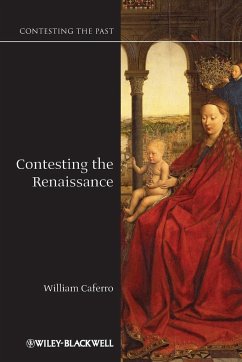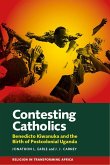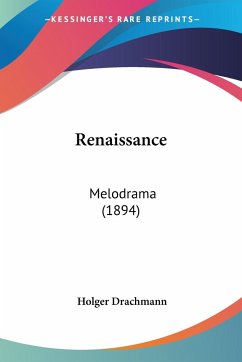In the nineteenth century, the Swiss historian Jacob Burckhardt famously defined the Renaissance as a period of progress, reason, the emergence of the individual, and the beginning of modernity. In this book, William Caferro asks how accurate Burckhardt's definition was and summarizes recent scholarly debates about the nature of the Renaissance. Caferro's account engages with a range of specific controversies, including: the nature of the Renaissance (wo)man; whether or not the Renaissance was a period of prosperity; and how the relationship between reason and faith altered during this period. The book takes a balanced approach to the many different problems and perspectives that characterize Renaissance studies.
"Summing Up: Highly recommended. All levels/libraries." (Choice, 1 August 2011)
"An admirably wide-ranging and fair-minded survey of a vast body ofliterature."
--Christine Shaw, Swansea University
"After decades of quarrels and controversy over the meaning ofthe historical Renaissance in the modern world, William Caferroreminds us why all the fighting has mattered--and how much fun ithas been for the participants and spectators."
--William J. Connell, Seton Hall University
"An admirably wide-ranging and fair-minded survey of a vast body ofliterature."
--Christine Shaw, Swansea University
"After decades of quarrels and controversy over the meaning ofthe historical Renaissance in the modern world, William Caferroreminds us why all the fighting has mattered--and how much fun ithas been for the participants and spectators."
--William J. Connell, Seton Hall University








